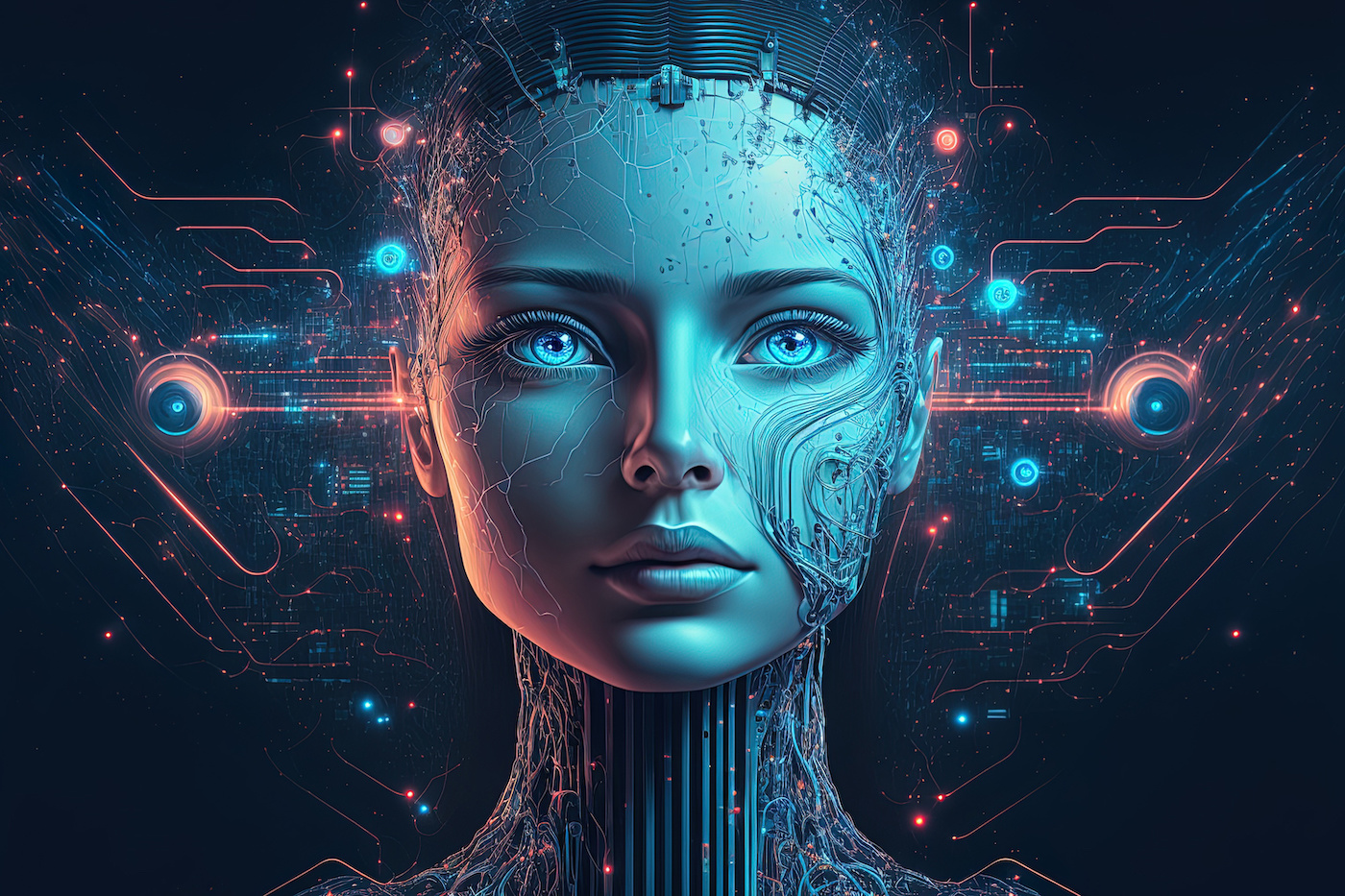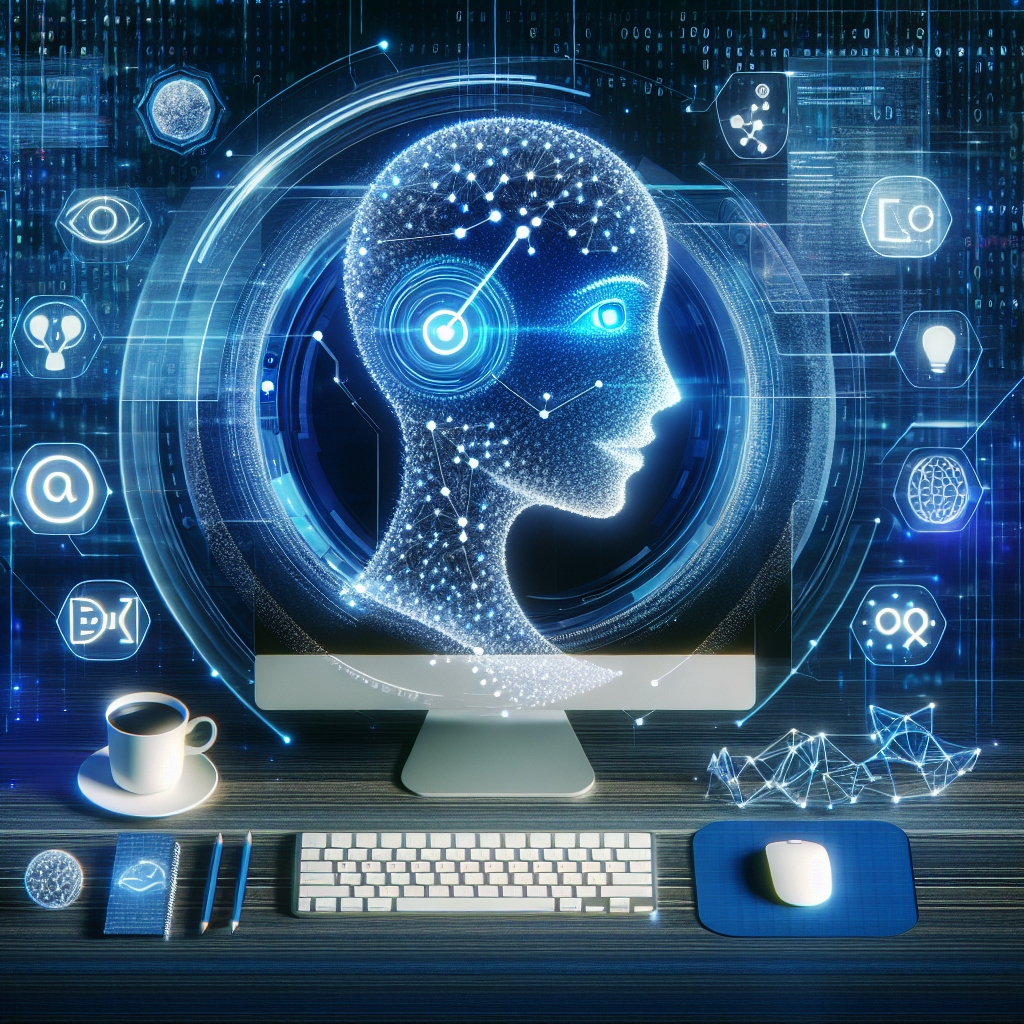
Introduction
Artificial Intelligence (AI) continues to evolve rapidly, revolutionizing various industries and transforming the way we live and work. While has brought about numerous advancements, it is important to understand its limitations and the crucial role humans play in its coexistence.
Understanding artificial intelligence
AI refers to the simulation of human intelligence in machines that are programmed to analyze data, make decisions, and perform tasks. It encompasses a wide range of technologies such as machine, natural language processing, and robotics.
The coexistence of AI and humans
Contrary to popular belief, AI is not designed to replace humans but rather to augment our capabilities. It complements and enhances human skills and expertise, allowing us to solve complex problems and make informed decisions more efficiently.
The role of AI in various industries
AI has made significant advancements across industries such as healthcare, finance, manufacturing, and transportation. In healthcare, AI-enabled systems assist doctors in diagnosing diseases and developing personalized treatment plans. In finance, algorithms analyze vast amounts of data to detect fraud and manage investments effectively.
AI as a tool, not a replacement
It is important to recognize that AI is a tool that is used to assist and empower humans. While it can automate repetitive tasks and provide valuable insights, it still requires human oversight and intervention to ensure accuracy and ethical decision-making.
The collaborative nature of AI
The true power of AI lies in its ability to collaborate with humans. By leveraging AI's capabilities, humans can focus on more creative and strategic tasks, fostering innovation and driving progress in various domains.
AI's impact on job market
The integration of AI in the workforce has raised concerns about job displacement. However, AI is more likely to transform job roles rather than replace them entirely. It will create new job opportunities that require the ability to work alongside AI systems and leverage their capabilities effectively.
The benefits of AI advancements
AI advancements bring several benefits, such as improved efficiency, accuracy, and productivity. It enables businesses to automate mundane tasks, make data-driven decisions, and offer personalized experiences to customers.
Facing the challenges of AI
As AI becomes more prevalent, it is important to address challenges related to privacy, bias, and transparency. Ethical frameworks and regulations need to be established to ensure responsible and fair use of AI technologies.
Conclusion
While AI has its limitations, its potential to augment human capabilities and transform industries is undeniable. By embracing AI as a collaborative tool and addressing its challenges, we can harness its benefits effectively to drive innovation and create a better future for all.

